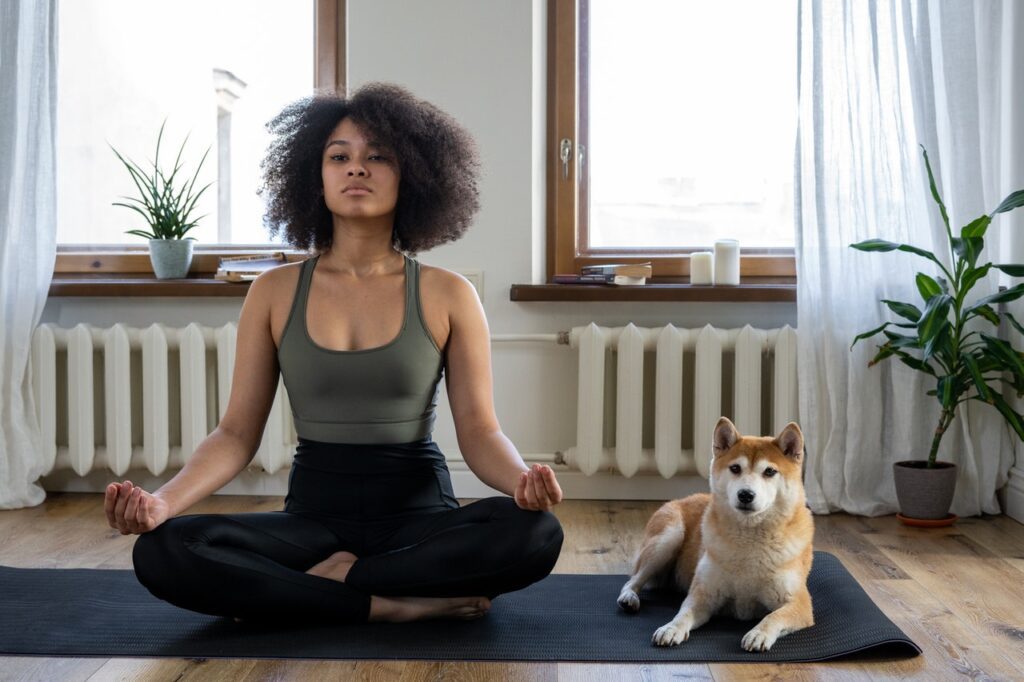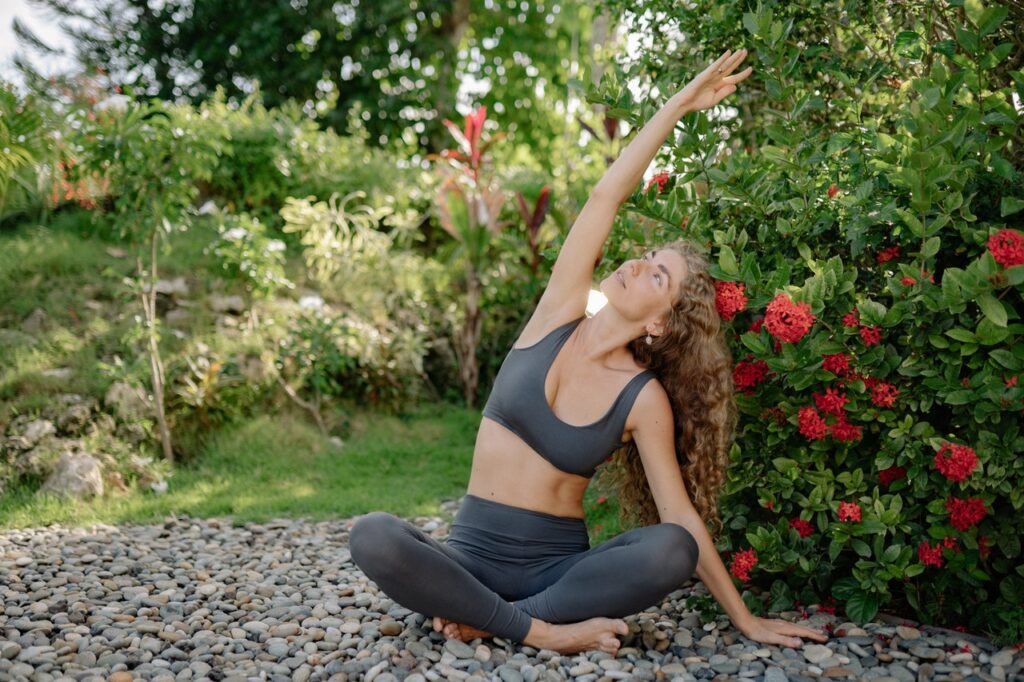Meditation is a practice that involves training the mind to achieve a state of focused attention, relaxation, and heightened awareness. It has been practiced for centuries in various cultures and is often associated with spiritual or religious traditions. However, many people practice meditation for its numerous secular benefits, including stress reduction, improved concentration, emotional well-being, and increased self-awareness.
There are different forms of meditation, but most techniques share common elements such as a quiet environment, a comfortable posture, focused attention on a particular object, thought, or breath, and an open and non-judgmental awareness of one’s thoughts and feelings.
BENEFITS OF MEDITATION
- Improve Cardiac Health
- Improve Sleep Cycle
- Less Stress
- Feeling of Relaxation
- Mindfulness
The benefits of meditation can extend beyond the practice itself, influencing how people approach their daily lives and navigate stressors. It’s important to note that meditation is a skill that improves with regular practice, and individuals may experience different outcomes based on their unique circumstances and goals.
Meditation is valuable for promoting relaxation, focus, and overall well-being. If you’re a beginner, here’s a simple guide to get you started:
Find a Quiet Space: Choose a quiet and comfortable place where you won’t be disturbed. It could be a corner of a room, a cushion, or a chair. Sit or lie down in a relaxed position.
Comfortable Posture: Sit with your back straight, shoulders relaxed, and hands resting on your lap. You can sit on a chair with your feet flat on the floor or cross-legged on a cushion.
Focus on Breath: Close your eyes and bring your attention to your breath. Notice the sensation of each inhale and exhale. You can focus on the rise and fall of your chest or the sensation of air passing through your nostrils.
Mindful Breathing: Be present with your breath. If your mind starts to wander, gently bring it back to the sensation of breathing. You can count your breaths if it helps to maintain focus.
Body Scan: Pay attention to different body parts, starting from your toes and moving up to the top of your head. Notice any tension or sensations. If you find tension, consciously relax those muscles.
Guided Meditation: If you’re having difficulty staying focused, you can use guided meditations. There are plenty of apps, websites, or videos that provide guided sessions, often with calming music or a soothing voice to lead you.
Accept Thoughts: It’s natural for thoughts to arise. Don’t be hard on yourself if your mind starts to wander. Acknowledge the thoughts without judgment, and gently guide your focus back to your breath or chosen point of concentration.
Start with Short Sessions: As a beginner, start with shorter sessions, perhaps 5-10 minutes, and gradually increase the duration as you become more comfortable with the practice.
Consistency is Key: Aim for regular practice. Even a few minutes each day can make a difference. Consistency is more important than duration.
Be Patient: Meditation is a skill that develops over time. Be patient with yourself and allow the process to unfold naturally.
Remember that there are various meditation techniques, so feel free to explore and find what works best for you. Whether it’s mindfulness meditation, loving-kindness meditation, or transcendental meditation, the key is to find a practice that resonates with you and fits into your lifestyle.






